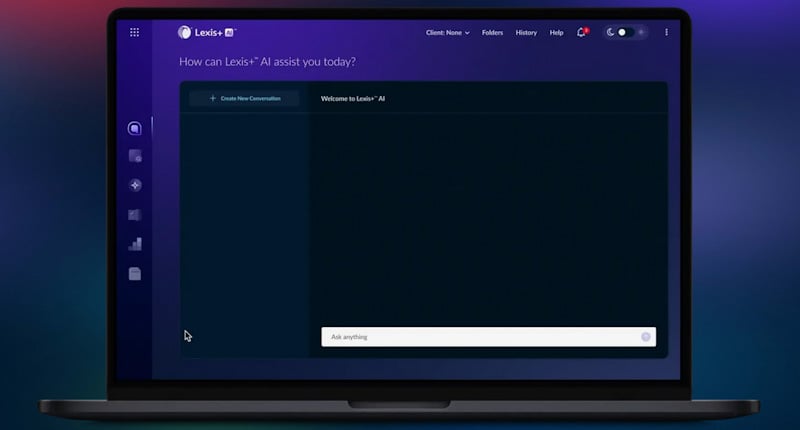In five years, DA raises $1M for his office via diversion programs
A district attorney in Alabama has used diversion programs to consolidate his power and raise $1 million for his office over a five-year span, a newspaper investigation has found.
The DA for Alabama’s Houston and Henry Counties, Douglas Valeska, “has proved exceedingly adept at using diversion,” the New York Times reports. His diversion program fees are among the highest in the country, according to a Times review of 225 diversion programs in 37 states. Diversion is also lucrative in Wichita, Kansas, where it raised almost $1.2 million in 2015.
Pretrial diversion programs are intended to allow first-time or low-risk defendants to avoid a criminal record by satisfying requirements such as staying out of trouble and performing community service. But in many places, the New York Times reports in a second article, diversion became a source of revenue and “only people with money could afford a second chance.”
Critics say those who can’t afford to pay the fees are penalized, creating inequities based on wealth, according to the Times. Some jurisdictions require defendants to pay a fee as high as $250 just to find out whether they are eligible. Prosecutors exert near total control over the programs, and defendants who are rejected can’t appeal.
The diversion fees can also be high. In Valeska’s circuit, which includes Dothan, Alabama, the cost of drunken driving diversion can be as high as $5,000. Valeska charges a fee for each criminal charge. In one case a defendant who faced seven counts paid nearly $10,000 to join the diversion program. Defendants also have to pay additional fees such as court costs and the bill for an indigent defense lawyer. (Valeska didn’t run for re-election and is leaving office in January.)
Fees can also be high in Shawnee County, Kansas, where defendants who would be ineligible for diversion may get to participate if they pay an additional fee that can be in the thousands of dollars, the article reports.
Many diversion agreements aren’t filed in court, and there is little data on how well the programs are working. But about 200 defense lawyers responded to a Times questionnaire about the programs, and two-thirds said fees are a problem for their clients.



